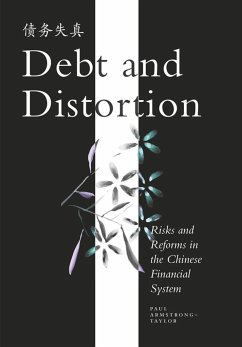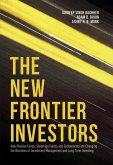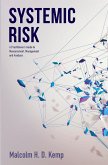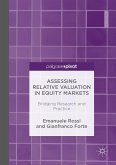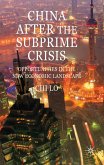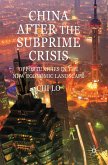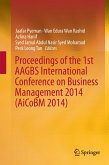China's unprecedented growth hastransformed the lives of its people and impacted economies across the globe. Thefinancial system supported this growth by providing cheap loans to boostinvestment and, in a virtuous cycle, rapid growth insured that these loanscould be repaid. However, in recent years, this virtuous cycle has turnedvicious. The financial system has continued to lend freely and cheaply as theeconomy has slowed, and the risk of crisis has mounted. In response, thegovernment has initiated the most ambitious financial reforms in twenty years. Financialmarkets, businesses and governments are concerned about these risks and arestruggling to understand what the reforms will mean for China and the rest ofthe world.
Debtand Distortion: Risks and Reforms in the Chinese Financial System addresses the need for an up-to-date and accessible, yetcomprehensive analysis of China's financial system and related reforms. It willtake a systematic look at China'sfinancial system: how it worked in the pastand how it will work in the future; why reforms are needed; what risks theybring; and their impact on China and the rest of the world. By analyzing thetopic in terms of a few fundamental distortions, this book makes an otherwisecomplex topic accessible while simultaneously providing new insights. Thesedistortions provide a simple framework for understanding the nature of theChinese financial system and its future prospects.
Reform in China will transform the world'ssecond largest economy and impact everything from Peruvian copper mines to theLondon housing market. Business people, government officials, financiers andinformed citizens would all benefit from understanding how changes in China'sfinancial system will shape the global economy in the coming decades.
Debtand Distortion: Risks and Reforms in the Chinese Financial System addresses the need for an up-to-date and accessible, yetcomprehensive analysis of China's financial system and related reforms. It willtake a systematic look at China'sfinancial system: how it worked in the pastand how it will work in the future; why reforms are needed; what risks theybring; and their impact on China and the rest of the world. By analyzing thetopic in terms of a few fundamental distortions, this book makes an otherwisecomplex topic accessible while simultaneously providing new insights. Thesedistortions provide a simple framework for understanding the nature of theChinese financial system and its future prospects.
Reform in China will transform the world'ssecond largest economy and impact everything from Peruvian copper mines to theLondon housing market. Business people, government officials, financiers andinformed citizens would all benefit from understanding how changes in China'sfinancial system will shape the global economy in the coming decades.

